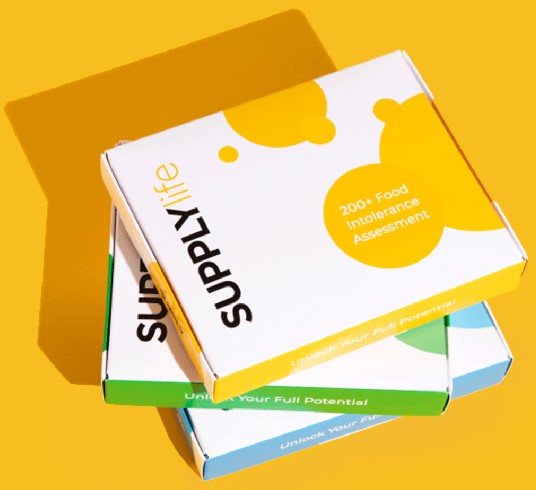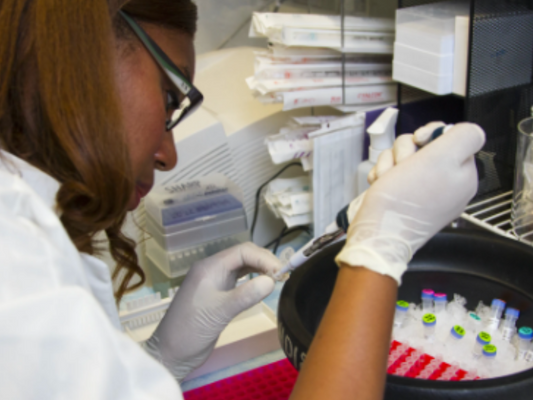Supply Life offers professional food intolerance tests to anyone that wants to learn more about their bodies, particularly their gut health. The majority of our customers come to us as they are experiencing symptoms of a food intolerance, whether that be a stomach ache, nausea, regular headaches or changes to their skin and complexion.
Many of the people that request IgG food intolerance testing services have Irritable Bowel Syndrome (IBS) and wish to learn about the foods that trigger their IBS and their general digestive system.
In this blog, we take a deeper look into IBS and some indicators that you may have the gut disorder, advising on some dietary changes you can make to keep the disorder under control.
Common signs of IBS
It is estimated that between 12-30% of the world’s population has IBS. The cause of IBS is unknown. What we do know is that IBS causes disturbance to the way in which the gut, brain, and nervous system interact with one another. This is why it is often referred to as a ‘brain-gut’ disorder.
The symptoms and impacts of IBS will differ from one sufferer to the next. The most commonly reported are:
- Abdominal pain: Abdominal pain is one of the telltale signs of IBS which usually occurs in the lower section of the stomach. These are reported as regular stabbing pains that come on sporadically.
- Bloating: Those with IBS often experience excessive abdominal gas, causing their stomach to bloat. This can be very uncomfortable and can worsen throughout the day.
- Diarrhoea: Unpredictable bowel habits can have a hugely detrimental impact on one’s mood. Those that have IBS may well experience diarrhoea and constipation which can be uncomfortable, uncontrollable and life-limiting.
- Sickness: Feeling sick and nauseous is a common reaction to IBS. This is because if someone is unable to digest the nutrients and properties they need, the body responds by feeling or being sick.
Other common symptoms of IBS include headaches, increased flatulence, tiredness and passing mucus.
Foods that trigger IBS
- Gluten: Research has shown that a gluten-free diet can improve IBS symptoms such as stomach cramps and bloating. Gluten products to avoid include anything with wheat, rye and barley in.
- Dairy: Milk, cheese, cream and other dairy products are renowned for being IBS triggers. By testing a dairy elimination diet, you may experience reduced IBS symptoms.
- Fresh fruit: The NHS advises that those with IBS should not eat more than 3 portions of fresh fruit a day (a portion is 80g).
- Fibre: Insoluble fibre, such as corn or wheat bran, should be kept at a minimum. This is because it can cause mechanical stimulation in the bowel.
It is also advised that those who are experiencing IBS symptoms limit their intake of alcohol and fizzy drinks too.
Food intolerance tests
Those with IBS often utilise our food intolerance testing services to eliminate foods from their diet that cause them discomfort and for their IBS to flare up. So, if you are looking into your diet and want to learn more about foods you suspect cause you problems, it may be worth taking our Gut & Body Weight food intolerance test.
Please note that with the product you will receive a bespoke meal plan designed to support you on your journey to feeling great!






